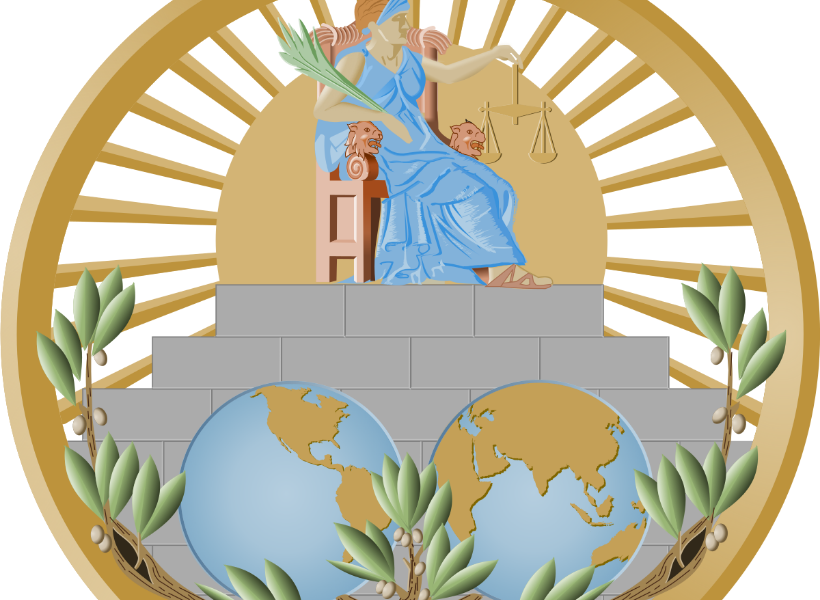The public hearing on the question of the International Court of Justice (ICJ) jurisdiction in the case concerning the Arbitral Award of 3 October 1899 (Guyana v. Venezuela) will open on Tuesday, June 30, 2020 at 2 p.m. at the Peace Palace in The Hague, Netherlands, the seat of the Court. The delegation of the Co-operative Republic of Guyana will present its oral arguments from 2 p.m. to 5 p.m.
The Government of the Bolivarian Republic of Venezuela has claimed, in a letter to the ICJ, that the Secretary-General of the United Nations (UN), exceeded his authority under the Geneva Agreement, and that the Court, therefore, lacks jurisdiction to adjudicate Guyana’s lawsuit. On this basis, Venezuela has indicated that it will not participate in the proceedings.
In view of the current COVID-19 pandemic, the hearing will take place in the Great Hall of Justice via video-conference. Some members of the Court will be physically present, the others will participate remotely, and the representatives of Guyana will address the Court by video link. Members of the media and the public will be able to follow the oral proceedings through a live webcast
In the case, Guyana seeks to obtain from the Court a final and binding judgment that the 1899 Arbitral Award, which established the location of the land boundary between then-British Guiana and Venezuela, remains valid and binding, and that the county of Essequibo belongs to Guyana and not Venezuela as being argued by the Spanish-speaking nation.
Guyana took its case to the ICJ following the decision by the Secretary-General of the United Nations in January 2018, that the controversy between Guyana and Venezuela should be decided there. In making his decision, the Secretary-General was exercising the power vested in him in the 1966 Geneva Agreement between Guyana, Venezuela and the United Kingdom to decide how the controversy should be settled.
On November 19, 2018, Guyana submitted its Memorial to the court, refuting Venezuela’s arguments and demonstrating that the Court has jurisdiction.
The ICJ is the principal judicial organ of the United Nations. It was established by the United Nations Charter in June 1945 and began its activities in April 1946. The Court is composed of 15 judges elected for a nine-year term by the General Assembly and the Security Council of the United Nations.
The Court has a twofold role: first, to settle, in accordance with international law, through judgments which have binding force and are without appeal for the parties concerned, legal disputes submitted to it by States; and, second, to give advisory opinions on legal questions referred to it by duly authorized United Nations organs and agencies of the system.











